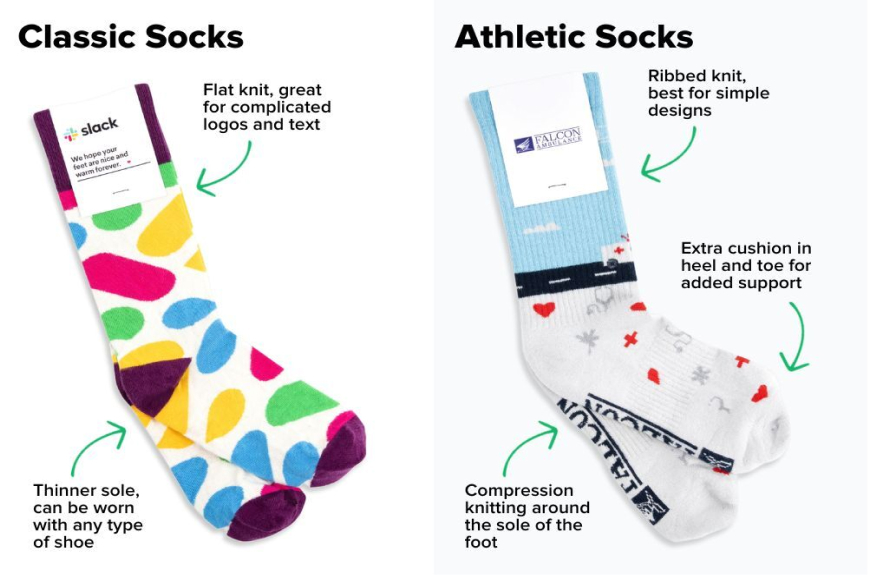Silicone socks have gained popularity in recent years as a solution for dry, cracked heels and foot care maintenance. While many users praise their moisturizing benefits, it's important to understand the potential side effects before incorporating them into your foot care routine. Let's explore both the benefits and drawbacks of using silicone socks to help you make an informed decision about your foot comfort and health.
Understanding Silicone Socks
Silicone socks are specially designed footwear infused with silicone gel that aims to lock in moisture and promote skin healing. Unlike traditional athletic or casual socks, these therapeutic options focus primarily on skin treatment rather than general comfort or style.
Common Side Effects
While silicone socks can be beneficial, some users report experiencing excessive sweating and skin maceration. The occlusive nature of silicone can sometimes create an overly moist environment, potentially leading to skin irritation or bacterial growth if not properly managed.
Skin Sensitivity Concerns
Some individuals may develop contact dermatitis or other allergic reactions to silicone materials. It's essential to monitor your skin's response and discontinue use if you notice any unusual redness, itching, or discomfort. For those with sensitive skin, traditional moisture-wicking socks might be a better alternative.
Proper Usage Guidelines
To maximize benefits and minimize side effects, it's crucial to follow recommended usage times and proper hygiene practices. Most skincare experts suggest wearing silicone socks for no more than 8 hours at a time, preferably during sleep, and ensuring feet are clean and dry before application.
Wrapping Up
While silicone socks can be an effective tool for foot care, understanding and watching for potential side effects is crucial. By following proper usage guidelines and paying attention to your body's response, you can determine if silicone socks are the right choice for your foot care routine. Remember to consult with a healthcare provider if you experience persistent adverse reactions or have specific foot health concerns.


